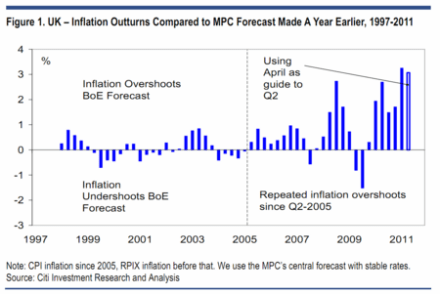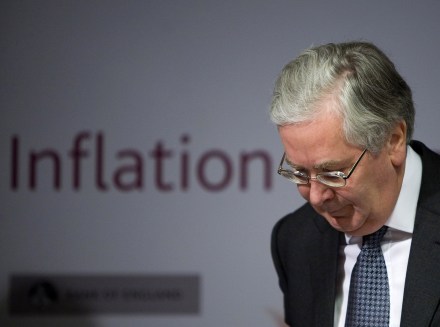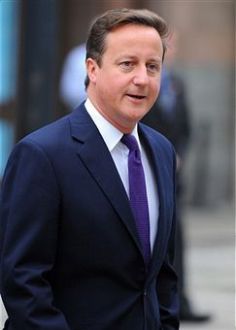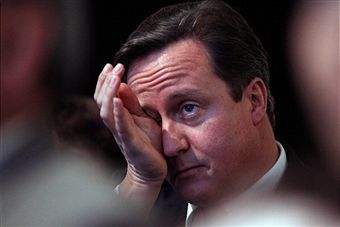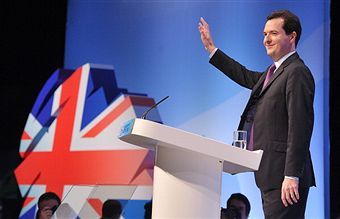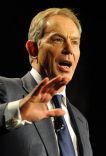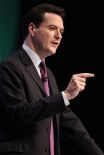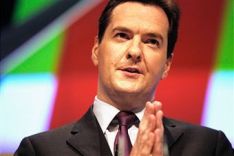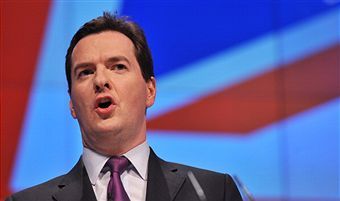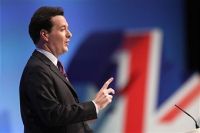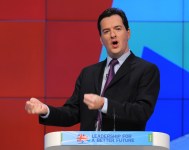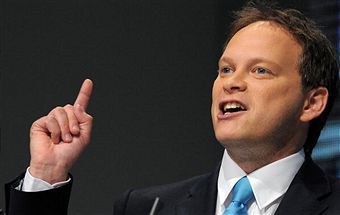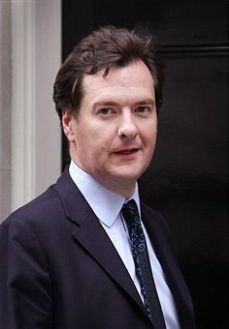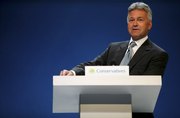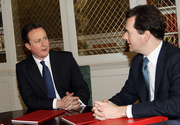How bad is it, Mervyn?
Remember when Alistair Darling said that we faced the worst financial crisis for sixty years? Now Mervyn King has trumped that piece of doom-mongery by telling Channel 4 last night that “This is undoubtedly the biggest financial crisis the world economy has ever faced” (see video above, three minutes in). The Governor of the Bank of England saying that this is the worst crisis ever? On the day that he rushed another £75 billion into the economy? As mood music goes, it is a particularly dreadful symphony. It is also the sort of situation that Ed Balls will relish, especially with the Pre-Budget Report approaching. And it is true:
